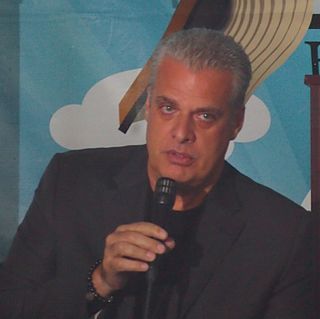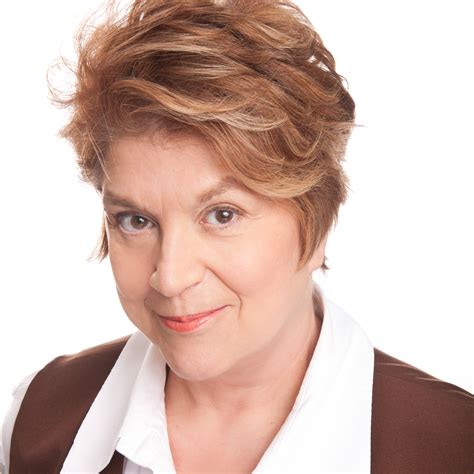A Quote by John Mackey
I always like to say that our brand or our philosophy has always been kind of this marriage between the 'food as indulgence,' and it's also been about 'food as health,' that food is vitality.
Related Quotes
Those of us who think about what we eat, how it's grown, those of us who care about the environmental impact of food - we've been educated by fabulous books, like Fast Food Nation and documentaries like Food Inc. But despite these and other great projects that shine a critical light on the topic, every year the food industry spends literally tens of millions of dollars to shape the public conversation about our food system.
Cooking is a holistic process of planning, preparing, dining and sharing food. I place food at the center of our humanity, as it nourishes not only our physical bodies but also our emotional and spiritual lives. Food is truly a cultural phenomenon that informs our traditions and our relationship with the earth. I genuinely believe that food connects us all.
Somewhere between 50 to 60 percent of the food you eat has been touched by immigrant hands, and it is fair to say some of them are not here as they should be here. But if you didn't have these folks, you would be spending a lot more - three, four or five times more - for food, or we would have to import food and have all the food security risks.
One of the problems is that the US government supports unhealthy food and does very little to support healthy food. I mean, we subsidize high fructose corn syrup. We subsidize hydrogenated corn oil. We do not subsidize organic food. We subsidize four crops that are the building blocks of fast food. And you also have to work on access. We have food deserts in our cities. We know that the distance you live from a supplier of fresh produce is one of the best predictors of your health.
Secretly in my heart, I believe food is a doorway to almost every dimension of our existence. ... Food never was just food. From the time a cave person first came out from under a rock, food has been a little bit of everything: who we are spiritually as well as what keeps us alive. It's a gathering place, and in the best of all worlds it's possible that when people of one country sit down to eat another culture's food it will open their minds to the culture itself. Food is a doorway to understanding, and it can be as profound or as facile as you would like it to be.

































